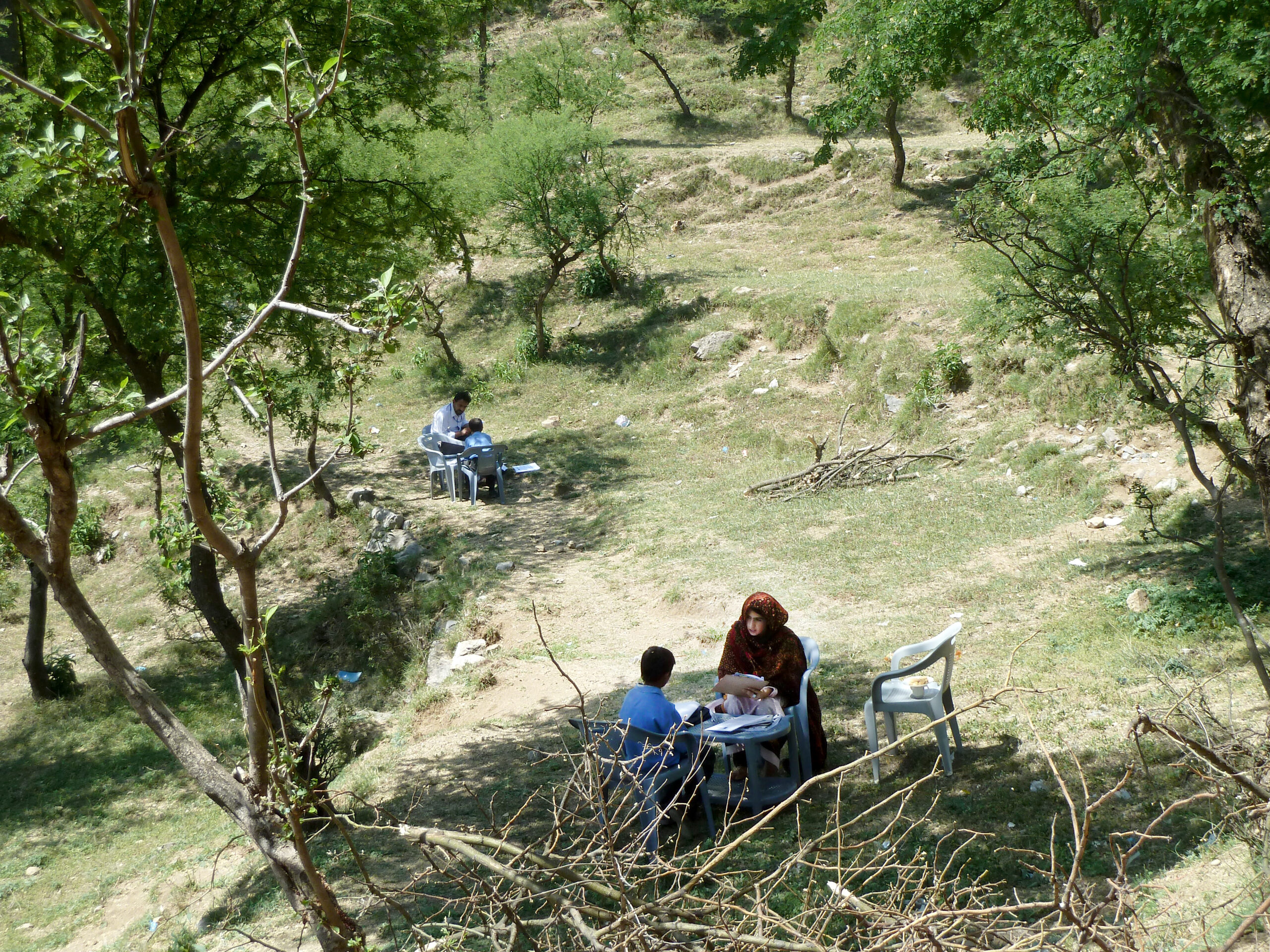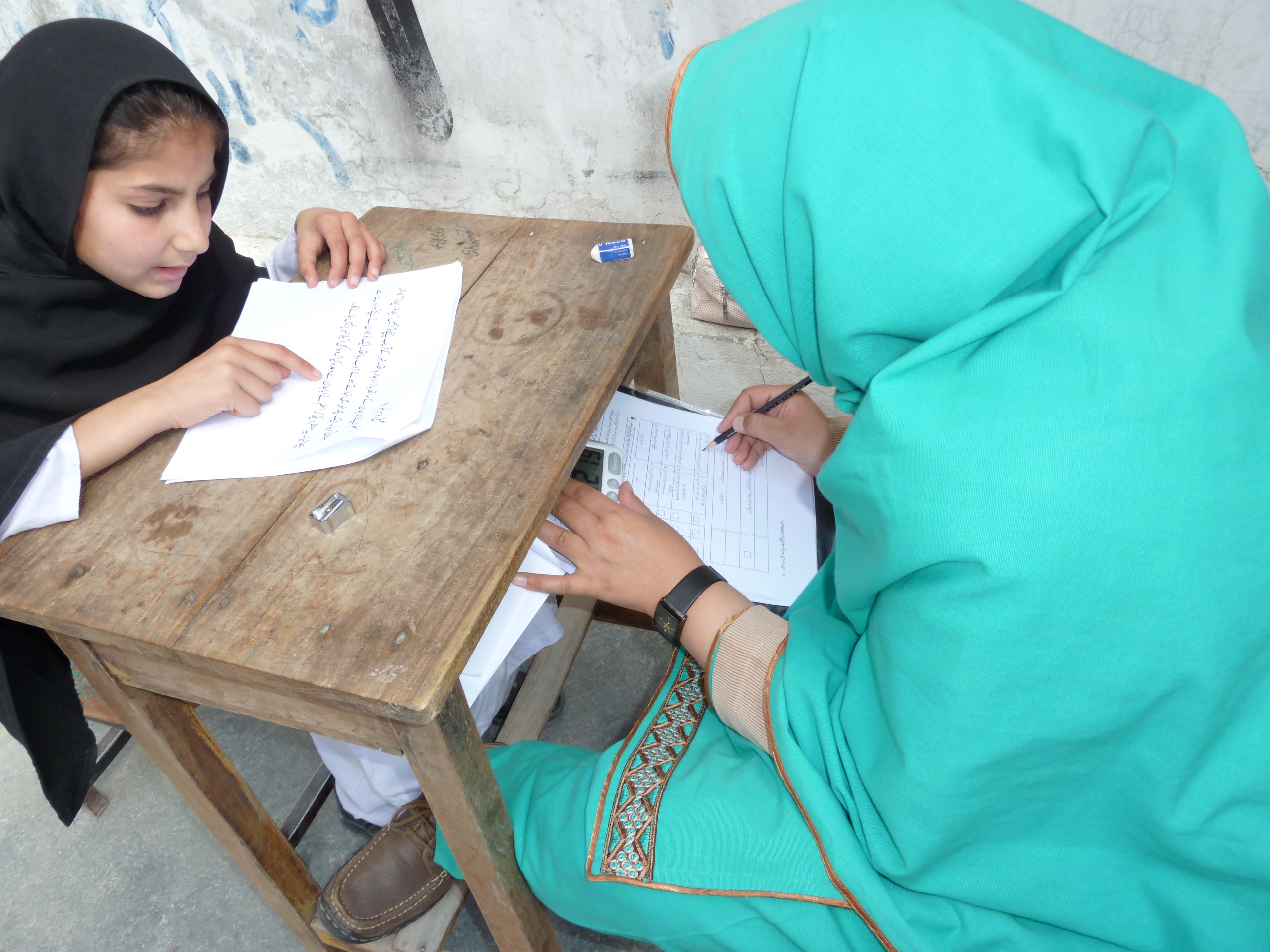

In 2013, the USAID Mission in Pakistan began implementing the largest reading-based initiatives in USAID’s global education portfolio at the time. The Pakistan Reading Project (PRP) and the Sindh Reading Program (SRP) totaled $185 million USD. Given the projects’ scale and significance, the Mission requested MSI’s help in measuring the effects of project interventions.
Through MSI’s Monitoring and Evaluation Program, we conducted a baseline early grade reading assessment which targeted 33,600 Grades 3 and 5 students from across 1,120 representative schools in all eight provinces.
To administer the assessment and survey tools, we trained over 550 local enumerators. Our skilled experts also conducted extensive field visits to ensure the quality of the administration, and developed new electronic data entry software to mitigate human error and expedite data validation.
Despite numerous obstacles to data collection, including earthquakes and floods, we completed the assessment and surveys on time and under an ambitious timeframe. The results of the assessment showed that the tests were highly reliable in measuring reading constructs at both grade levels, and children scored higher in grade 5 than grade 3, demonstrating that substantial learning was taking place.
The unprecedented availability of comprehensive, accurate reading data on schoolchildren provided information to foster dialogue between government officials, USAID representatives, project staff and education partners around greater accountability, better measurement and the application of datadriven decision making within the education sector.